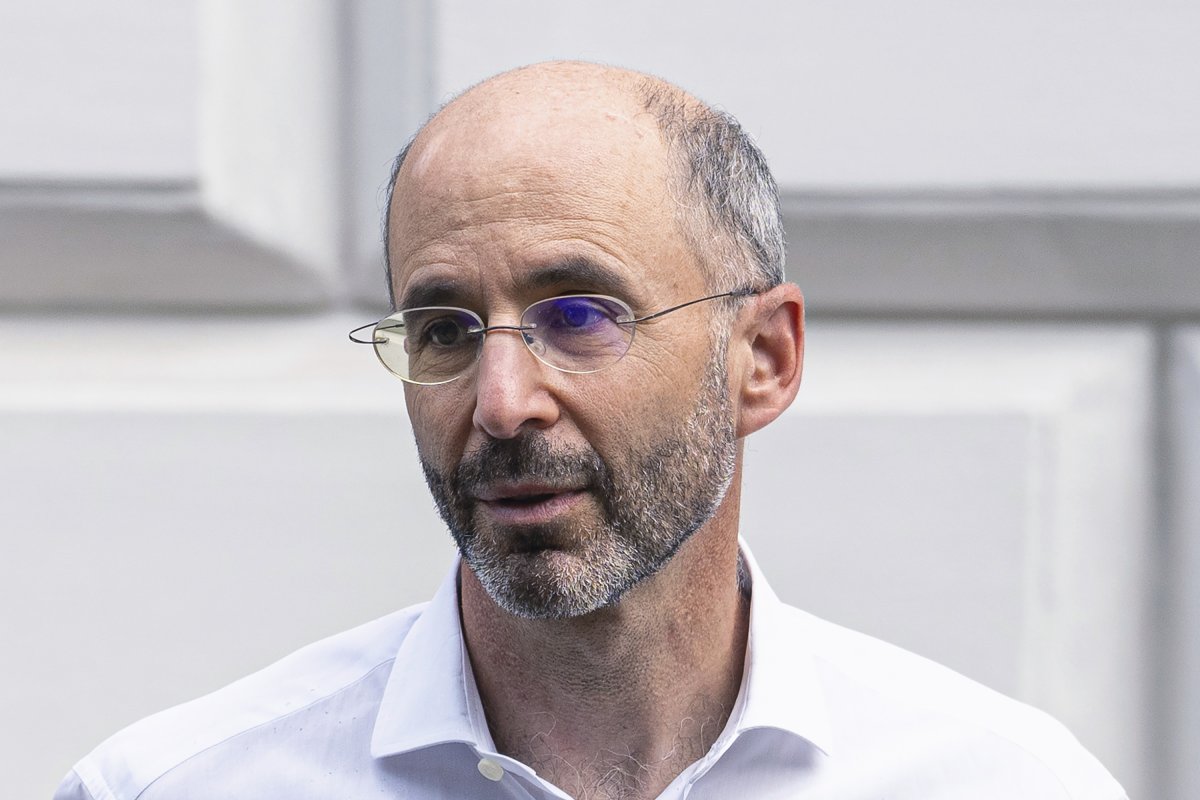The Biden Administration and U.S. Special Envoy for Iran, Robert Malley, are in "deep and growing" concern that Iran continues to refuse to negotiate the 2015 nuclear deal between the countries.
Malley said the U.S. and its partners are still seeking a diplomatic and peaceful resolution to bring both countries back into the nuclear deal, but are also looking into other options as they await a response from Iran.
Malley recently met in Washington with senior Biden administration officials and foreign ministers of Saudi Arabia, Israel, the United Arab Emirates and the European Union's diplomatic chief. Their meeting warned that Iran will face economic penalties, international isolation, and possible military action if they continue to refuse to sign the deal, as the consensus believes Iran is not serious about rejoining the deal.
According to the Biden Administration, diplomatic efforts to get Iran back into the nuclear deal are at a "critical place," and international patience with the refusing country is "wearing thin." The U.S. left the 2015 nuclear deal under former President Trump's administration, but now is seeking to regain the political and diplomatic peace between the countries. The Biden Administration made rejoining the accord a priority within Biden's first months in office, causing Iran's hesitations to carry more suspicion and concern.
For more reporting from the Associated Press, see below:

"We're in a critical place," Malley said, noting that the Vienna talks were suspended after a sixth round in June due to Iran's elections and that new Iranian President Ebrahim Raisi has had plenty of time since taking office in August to decide on a policy.
"At this point, it's hard to find an innocent explanation as to why it's taking so long," Malley said. "The 'Plan B' being implemented right now appears to be the Iranian one, and that's something we have to be prepared for."
His comments follow a series of high-level meetings in Washington, the Gulf and Europe about how to proceed in the effort to get Iran back to the table for serious discussions on how to limit its nuclear program in exchange for sanctions relief.
Malley met on Friday with European officials in Paris after which France urged Iran to curb nuclear activities of "unprecedented gravity." Those talks followed meetings he held with Gulf Arab states earlier last week.
Uncommon Knowledge
Newsweek is committed to challenging conventional wisdom and finding connections in the search for common ground.
Newsweek is committed to challenging conventional wisdom and finding connections in the search for common ground.
About the writer
To read how Newsweek uses AI as a newsroom tool, Click here.








